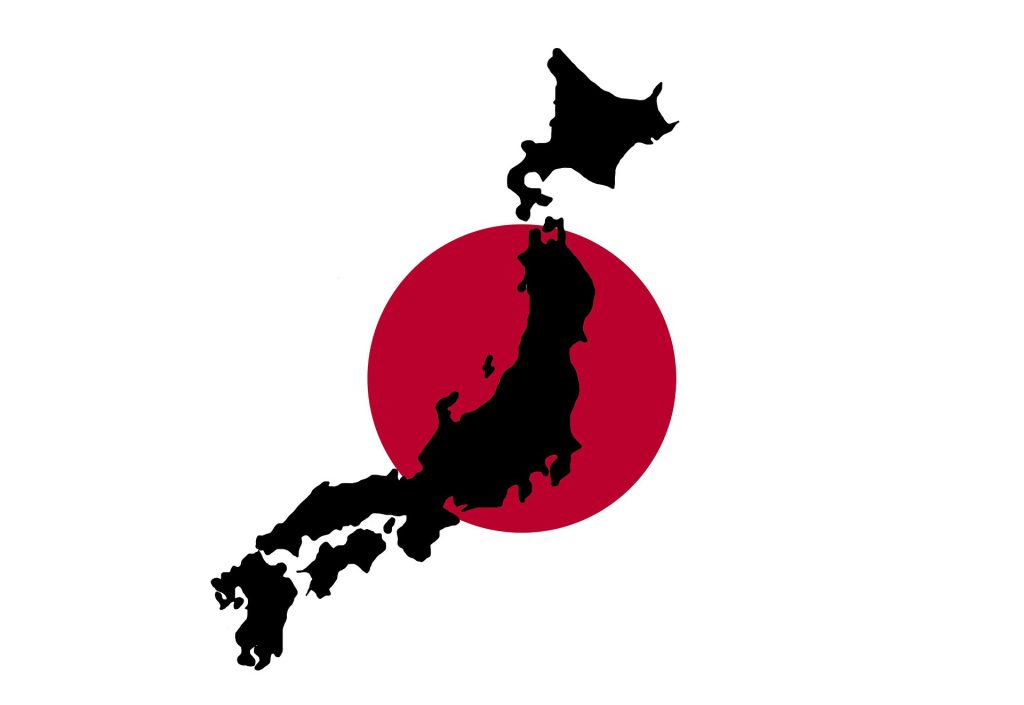The Japanese Government knocked on the doors of Bank of Japan‘s (BoJ) Deputy Governor Masayoshi Amamiya to take up the role of the governor from the present Governor, Haruhiko Kuroda, according to the Nikkei daily reports
A few days ago, Haruhiko Kuroda was defending the monetary policy. Little did he know about him being pushed down from his position. The Japanese Government knocked on the doors of Bank of Japan‘s (BoJ) Deputy Governor Masayoshi Amamiya to take up the role of the governor from the present Governor, Haruhiko Kuroda, according to the Nikkei daily reports.
Amamiya joined the Bank of Japan back in 1979. He is called ‘Mr. BoJ‘ inside the central bank. He has always been at the forefront of designing the bank’s strategies and policies. He is known to have in-depth knowledge of the bank’s internal working machinery, which helps him in crafting policies seamlessly. It is also said that Amamiya has healthy connections with top politicians.
Amamiya was already seen as the topmost competitor for the governor’s chair. Analysts look at him as a rational decision-maker, taking slow and steady steps towards reframing the ultra-loose monetary policy rather than giving sudden shocks with monetary changes.
The Kishida administration is in the final phases of deciding the governor and two new deputy governors. The Deputy Chief Cabinet Secretary Yoshihiko Isozaki said to the reporters that there was no truth in the Nikkei report. Shunichi Suzuki, the Finance Minister, said that he is not aware whether the Government has offered Amamiya the job. Amamiya has refrained from commenting on any such event.
There are rumors of other names being on the list for the position. The two former deputy governors, Hirohide Yamaguchi, and Hiroshi Nakaso. Nakaso might be laid off, considering the responsibilities of his recent employment as the head of an Asia-Pacific Economic Cooperation advisory council.
The Government might present the list of leaders chosen as eligible contenders to the parliament in the upcoming week. The decision will be effective after the consent of both houses of parliament; this is not of major concern because of the solid majority of the ruling party in both houses. The term of the governor of the BoJ is five years.
Amamiya framing policies
During the tenure of Kuroda, BoJ maintained the yield control curve, a strategic purchase of unlimited 10-year Japanese Government Bonds to control yields. As a result, a partial policy alteration was called for, but Kuroda denied stating that it was not the ripe time for changes in monetary policies.
Krisjanis Krustins, director of sovereign rating for the Asia Pacific region at Fitch Ratings, said that Kuroda’s successor would have to accomplish BoJ’s inflation targets and prevent mishaps of ultra-loose monetary policy and probable risks around monetary tightening.
Inflation touched 4 percent in December, mocking the central bank’s target of 2 percent, inching up bond yields and breaking shackles to tweak the policy of a 0.5 percent cap on 10-year bond yield.
Market participants have started putting their speculative bets that the central bank will raise rates after appointing the successor to incumbent Kuroda. Amamiya is considered a highly dovish leader than the other contenders, the former Governors Hiroshi Nakaso and Hirohide Yamaguchi.
Amamiya is well-versed in the economic situation of Japan. At times he had been siding with going forward with the ultra-low interest rates but also pointing out that BoJ must keep an open mind to modify this policy.
Goushi Kataoka, a PwC chief economist in Japan, warned that this is not the time for anyone to become a governor, as there is no room left for a margin of error. BoJ is already under constant market pressure to raise rates. A slight error in changing monetary policies could lead to an irreversible blunder.
Yen, the Japanese currency, tanked nearly 1 percent to around 132.50 per dollar in the first half of Monday. This fall occurred to reports of the Japanese Government holding talks with Amamiya to replace the current inefficient governor Kuroda.
